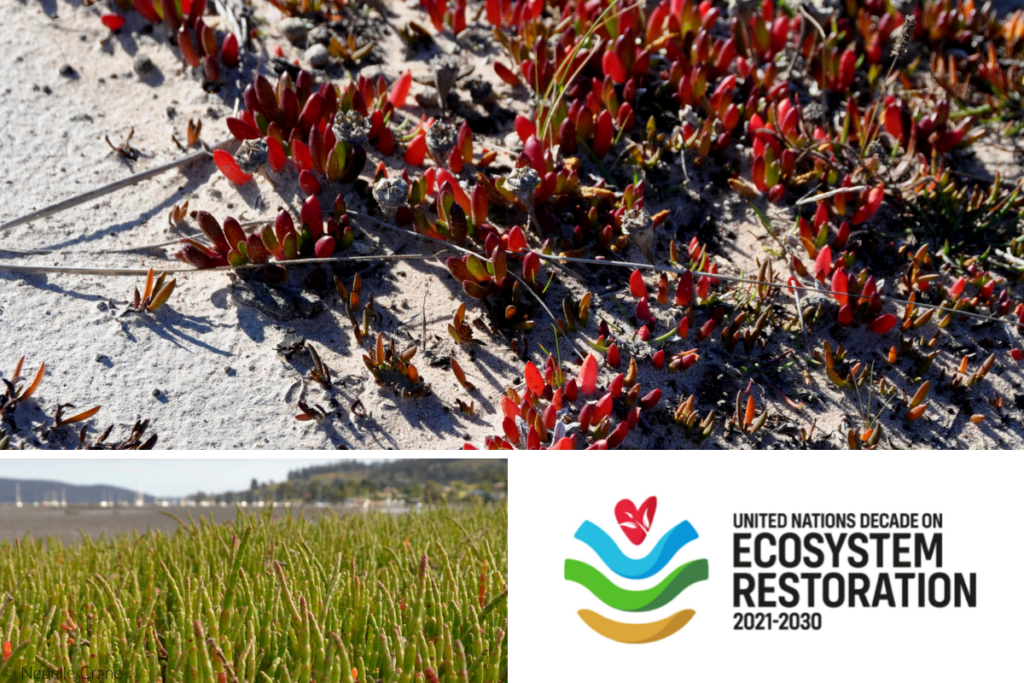On June 5, coinciding with World Environment Day, the United Nations will officially launch the UN Decade on Ecosystem Restoration. This global initiative seeks to protect and revive ecosystems across our planet for the benefit of people and nature.
Ecosystems across the world are under threat – and Tasmania is no exception. From the catastrophic loss of our kelp forests due to warming waters, bushfires in remote wilderness encroaching on sensitive alpine ecosystems, and the degradation of our saltmarshes and grasslands, Tasmania has not been immune to the pressures of a changing world.
NRM South, Southern Tasmania’s natural resource management body, is proud to be part of this global movement via their support for a suite of projects that are working to protect and restore some of our most fragile ecosystems.
Through funding from the Australian Government’s National Landcare Program, NRM South is working with partners to restore degraded seagrass habitat in North-West Bay and improve the condition of saltmarshes at three internationally significant wetlands: Moulting Lagoon, Apsley Marshes and Pitt Water – Orielton Lagoon. Through its Tasmanian Smart Seafood Partnership, NRM South has also lent support to a project with the Institute for Marine and Antarctic Studies to restore giant kelp communities in marine waters.
NRM South’s CEO, Nepelle Crane, said NRM South is on track to be part of a valuable contribution to this global effort.
‘We are proud of our track record on important local projects and for collaboration with partners from across our region and interstate,’ said Nepelle. ‘Tasmania is well placed to be a leader in the restoration and wise use of our natural environments. I look forward to growing and strengthening our involvement in this space.’
